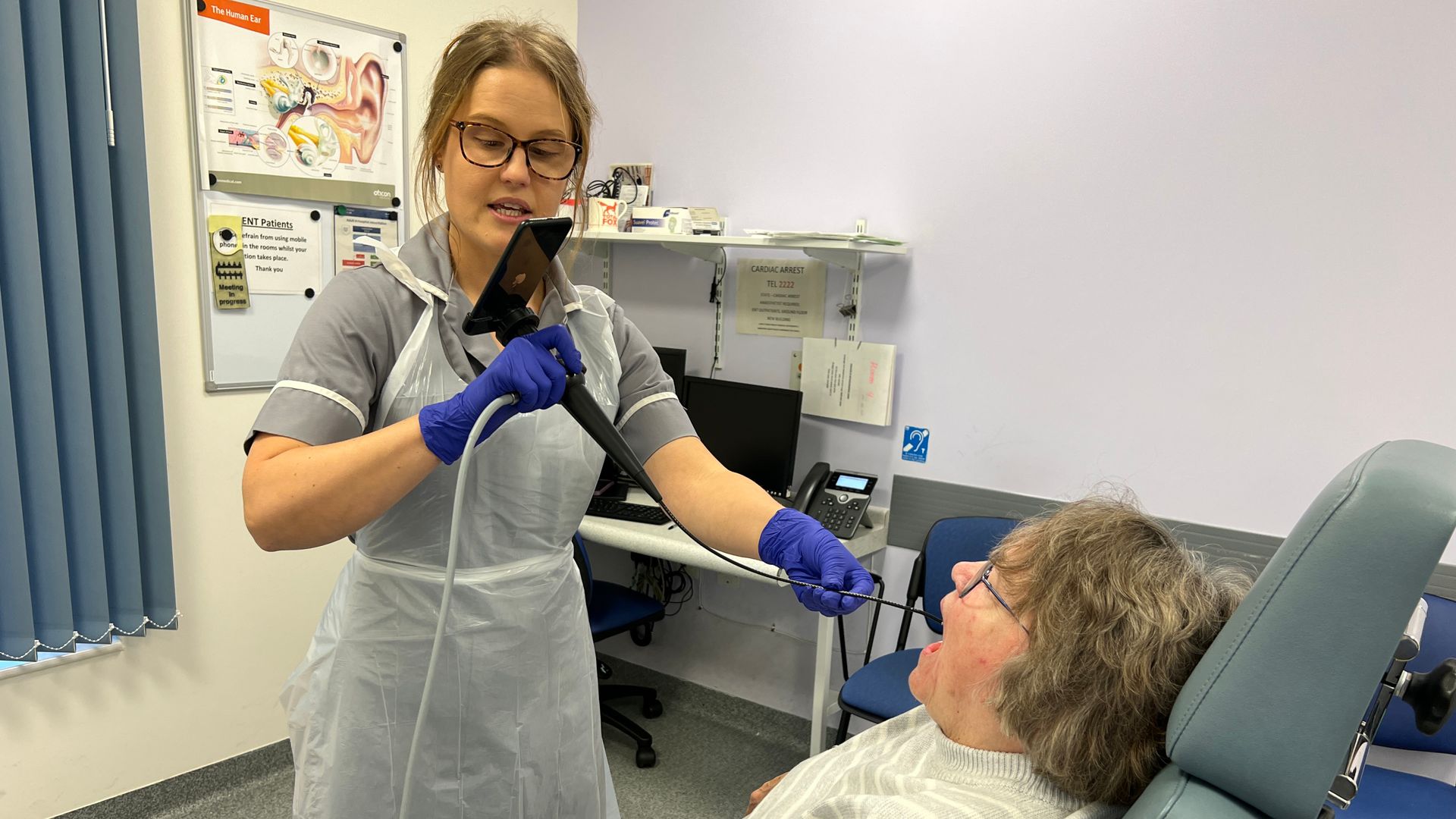
CARIBOU, Maine — A major cleanup will spark Caribou’s plans to reinvent its riverfront and create a go-to recreation destination.
If the city’s application for the Environmental Protection Agency’s Brownfields Clean-Up Grant is approved, the estimated $600,000 would pay for asbestos and hazardous waste removal at Caribou’s former diesel plant at 142 Lower Lyndon St.
The funds would boost the Caribou’s Riverfront Renaissance Committee’s plans to reclaim a stretch along the Aroostook River for current and future residents, businesses and tourists. The effort also will pave the way for local Atlantic salmon restoration efforts and plans to build a fish hatchery nearby. With residents longing for more greenery, city leaders want the riverfront to move on from its industrial past.
Caribou’s former hydroelectric power dam was constructed in 1889. The former Caribou Water, Light and Power Co. operated the dam until the 1940s, after which Maine Public Service Co., now Versant Power, took over. The diesel plant was constructed in 1949.
At one time the power plants, which included both the diesel and a now defunct steam plant, generated 30 megawatts of power. The steam plant is 12,288 square feet and the diesel plant is 10,290 feet.
Both plants generated power for Aroostook County residents from the 1950s to 1992, after which Maine Public Service sold them to Wisconsin Power Co.
Though there were attempts to reactivate the plants in the early 2000s, both sites stood vacant until local investor Jim Barresi, formerly of Northern Maine Development Commission, started a company called Merlin One and purchased the plants.
After Barresi’s death in 2019, the city acquired both power plants through unpaid taxes. Since then officials have learned of the costly repairs needed to clean up the sites.
A study from Caribou-based County Engineering found 11,320 gallons of petroleum products and hazardous substances, lead-based paint and asbestos in the diesel plant and related buildings, including an oil storage building and pump station.
The cost for asbestos cleanup alone will total $400,000 while removal of other waste will cost $200,000.
Cleanup projects like the one Caribou is pursuing are currently limited to $2 million in funds under the current Brownfields grant program, Special Projects Coordinator Karen Gorman said during a Caribou City Council session Monday. She expects to hear news about the grant awards in spring or summer 2023.
Though the city plans to clean up the steam plant later, focusing on the diesel plant first would allow Caribou to take on redevelopment step by step, Gorman said.
“This is going to be a huge boost of energy for the community,” she said. “There have already been discussions on making [the diesel site] into a park. It’s a reality now that those awful looking plants and blight on this riverfront will be gone.”
Resident Cindy Morin favored a public park. The city has a lot of snowmobile trails, but needs something the whole community can use, she said.
“It needs to be something beautiful because it’s a beautiful place. It’s my backyard, literally, so when you consider these things, think of your backyard,” Morin said.
Caribou resident Bill Belanger, who owns property near the riverfront, suggested the city create a large boat launch ramp once the power plants are gone, similar to one in Presque Isle.
The problem is there is no place now to take out at the Caribou dam, Councilor Lou Willey said. Developed properly, a launch would be an immense draw to The County.
“I’ve canoed that section of the Aroostook River from Presque Isle to Caribou and it’s almost as beautiful as the Allagash River,” Willey said.
The council will waive foreclosure on Merlin One-owned land on East Presque Isle Road and Lyndon Street. The later property contains two tanks that were once part of the former hydro plant. The heirs of Merlin One owe the city $87,797 in unpaid taxes.
In past years, the city has avoided foreclosing on the remaining Merlin One properties due to the costly clean-up already expected for the city-owned steam and diesel sites. Gorman suggested the council could purchase the land and obtain Brownfields funding.











